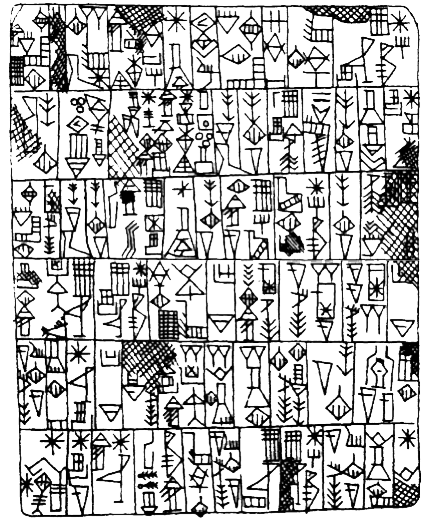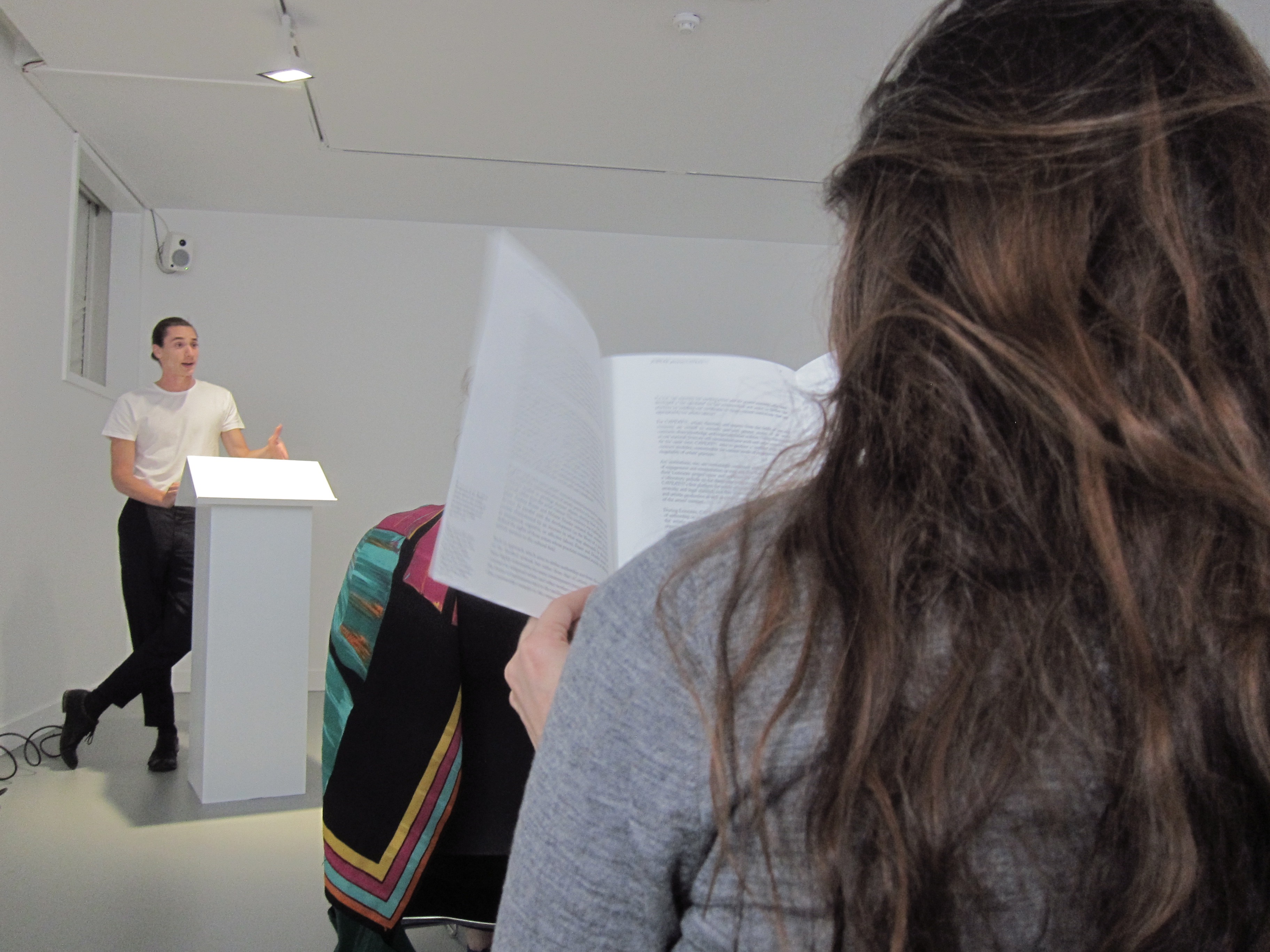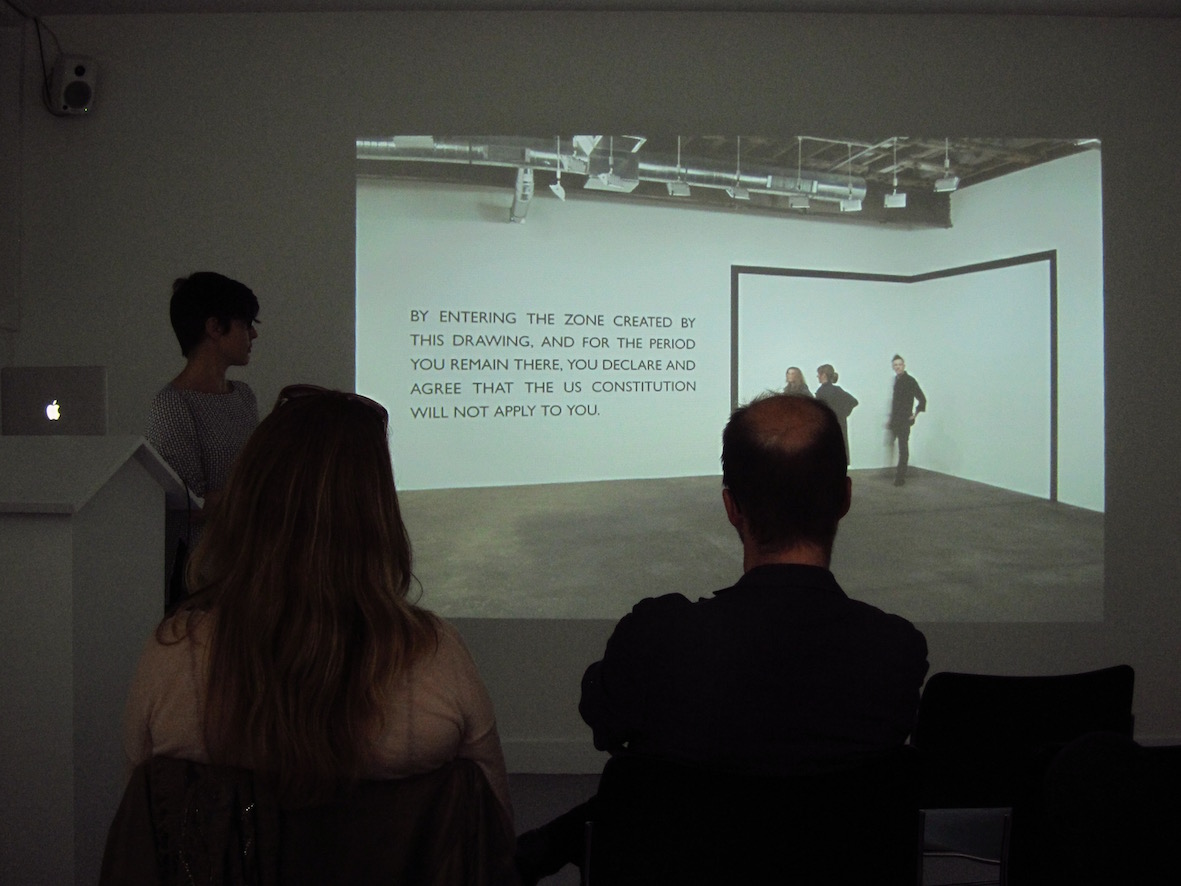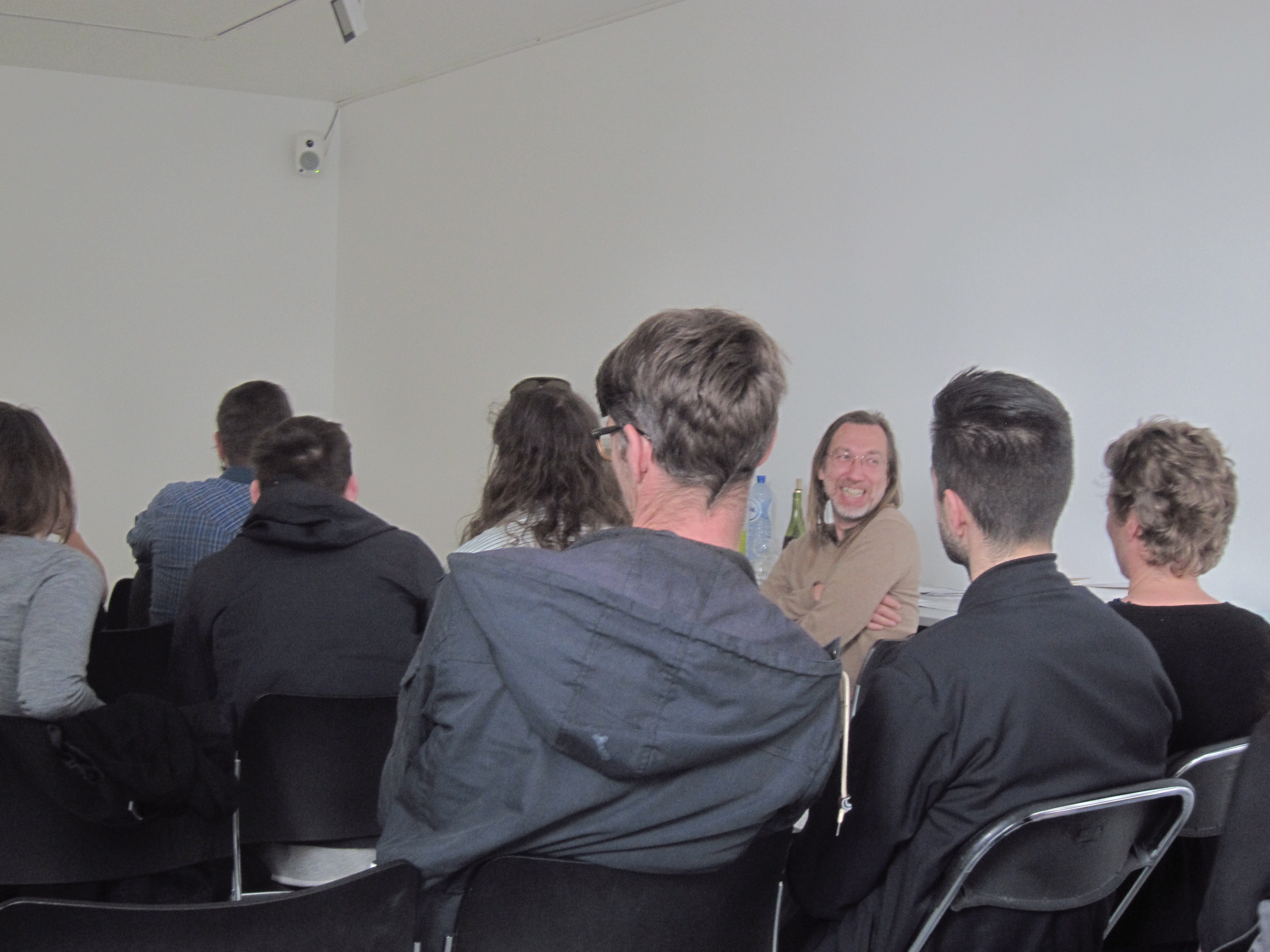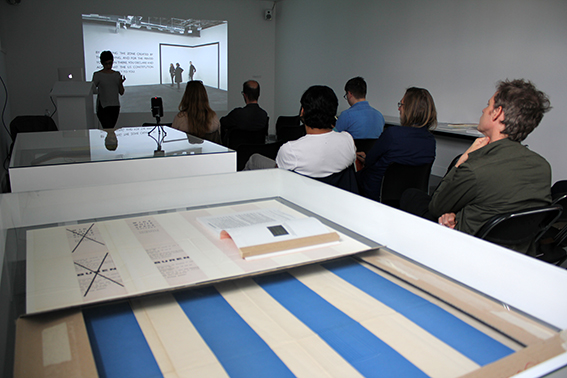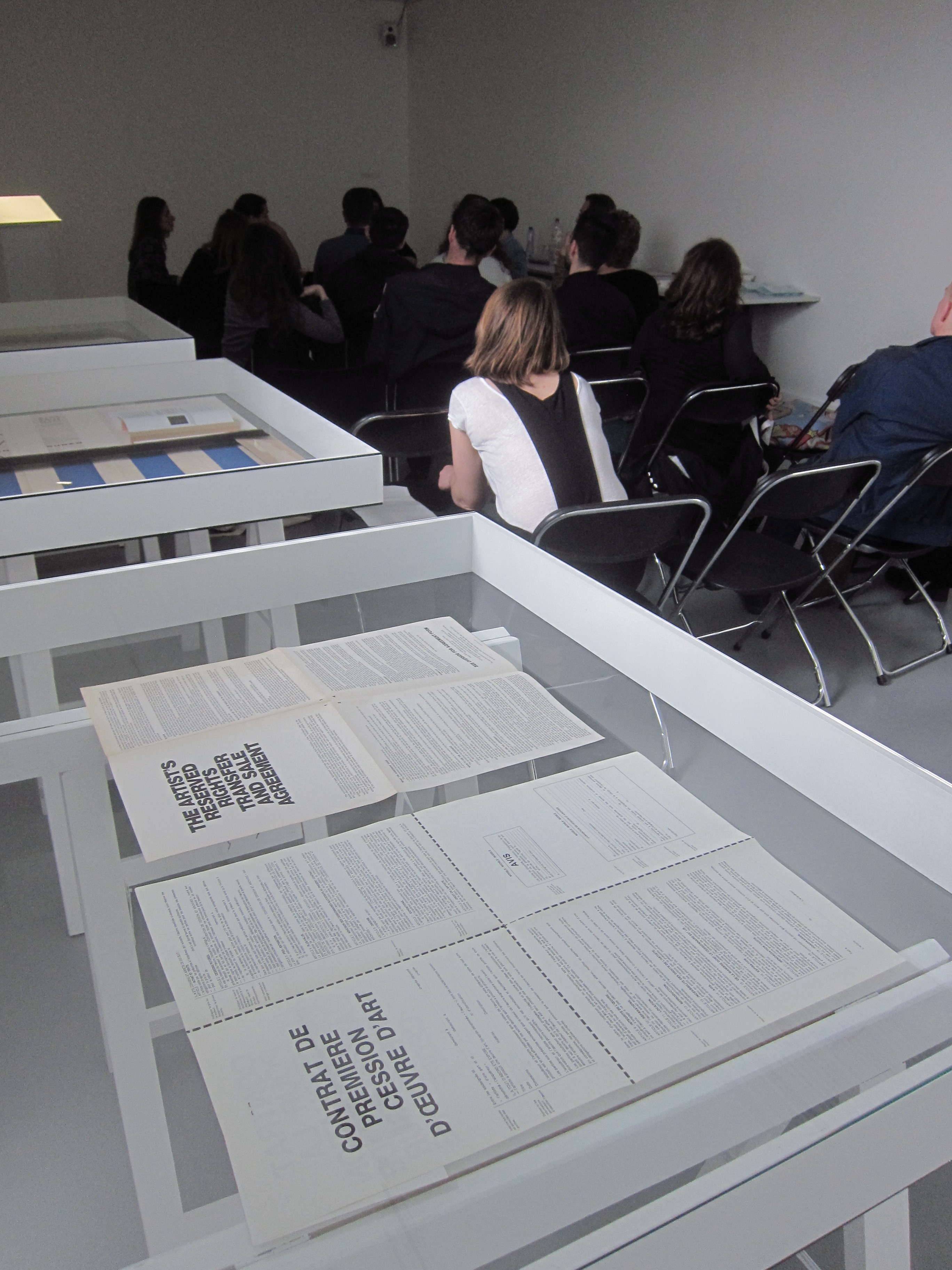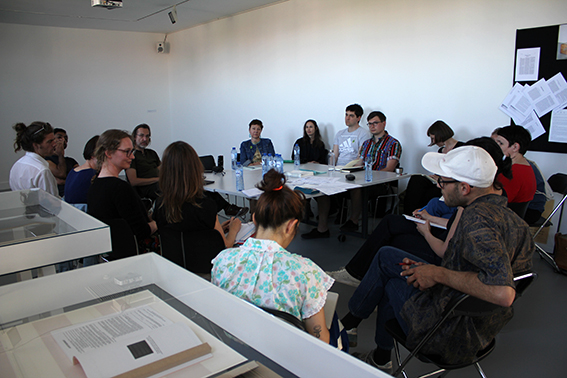CAVEAT!!! at LODGERS
Collective Research Project
JUBILEE presents CAVEAT!!!, a research project on the artist contract. A series of presentations, workshops, and screenings, and a display.
CAVEAT!!! is hosted by LODGERS, a collaboration between AIR Antwerpen and M HKA, 19/05 – 23/07 2017. Daily 11-18h (entrance free, closed on Monday, Thursday open until 21h).
Please find a PDF file of the leaflet with the extended programme description of CAVEAT!!! at LODGERS here.
CAVEAT!!! is a three-year programme on the legal and economic position of artists and cultural producers in contemporary society. Taking its name from the law principle ‘caveat emptor’ – warning against “unfair practices” – the project acts on the relationships between art, artists and cultural producers, and the legal frameworks in which they operate.
CAVEAT!!! takes as points of departure and arrival the contracts used in the art world as a tool for reconfiguring relations of authorship, labour, price, among others. Contracts are not, however, considered as possible instruments for artists and producers to become ‘better’, savvier entrepreneurial subjects. Rather, they can be seen as a phenomenon with great emancipatory potential. How can contracts, the neoliberal instrument par excellence, be developed towards more inclusive goals?
Artists, theorists, and experts from the fields of law and economy will be invited to research past and present modes of art world contracts, share knowledge, and negotiate future realities. Through CAVEAT!!!, using this research as raw material, JUBILEE will commission new work and artist interventions. At the same time, CAVEAT!!! aims for a ‘toolbox’ with template contract modules, customizable for various kinds of engagements and the singularity of artists’ practices.
Art institutions, too, are increasingly concerned with alternative practices of engagement and remuneration. M HKA and AIR Antwerpen have opened their LODGERS project space and residency for CAVEAT!!!, rendering it a laboratory prelude to the three-year programme. LODGERS offers a unique opportunity for public interface to organisations and initiatives who focus specifically on producing and commissioning, and who do not have their own public space.
LODGERS functions as CAVEAT!!!’s first platform for public programmes, workshops, a display of artworks, legal material, and film screenings: a framework for research and artistic production as well as a public stage to negotiate possible futures of the artist contract.
CAVEAT!!! presents a cabinet that will be activated during public programmes and workshops, with artworks, documents and books by Guillaume Bijl, Daniel Buren, Vaast Colson, Maria Eichhorn, Robert Filliou, Andrea Fraser, Goldin + Senneby, Judith Ickowicz, Ben Kinmont, Joseph Kosuth, Gareth Long, Gordon Matta Clark, Elaine Sturtevant, Philippe Thomas, Sarah Vanhee, Stijn Van Dorpe, Lawrence Weiner, and Carey Young.
PUBLIC PROGRAMME MAY
OPENING WEEKEND
Friday 19 May, 15-18h
Steyn Bergs & Florence Cheval (CAVEAT!!! curators): introduction on CAVEAT!!!
Sari Depreeuw (CAVEAT!!! legal advisor): keynote on CAVEAT!!!’s legal paradigm
Saturday 20 May, 15-18h
Scott Raby (CAVEAT!!! artist in residence): presentation, ‘The Contract in Art as a Site of Production: From Radical Histories to Speculative Possibilities’
Sara Martinetti (art historian and curator): presentation, ‘The Artist’s Reserved Rights Transfer and Sale Agreement from the Perspective of Diplomatics’
Sunday 21 May, 15-18h
Carey Young (artist): presentation, ‘Subject to Contract: Law as an Artistic Medium’
PUBLIC PROGRAMME JUNE
CAVEAT!!! and PHILIPPE THOMAS
Thursday 22 June, 17-21h & Friday 23 June, 15-18h
M HKA, Antwerp, 6th floor
Free entrance
A series of presentations and debates revolving around the work of Philippe Thomas with Agency, Patrick Bernier & Olive Martin, Antony Hudek, Judith Ickowicz, Sven Lütticken, Daniel McClean, and Julia Wielgus.
In a two-day event on 22 and 23 June, CAVEAT!!! will focus on the work of French artist Philippe Thomas (1951-1995). In his work, a selection of which is on display thanks to the generous support of Jan Mot, authorship, and also co-authorship, was intensely questioned. In the case of Ready-mades belong to everyone® this was pursued to the point where it led to “the ultimate erasure of [the artist’s] name”, inviting “collectors to take authorial responsibility for his works.” [1] Furthermore, a large number of Philippe Thomas’ work displaces the legal notion of authorship as a juridical fiction in order to make it an artistic fiction, therefore underscoring the fictional dimension of both.
CAVEAT!!! will go further into questions Thomas’ work raises, while at the same time opening them up to the current situation on authorship and production conditions of the artist. During these two days, artists, theorists, curators, and experts from the fields of art history, law, and economy are invited to address questions on authorship, contract, and law in a discursive event that has the ambition to share knowledge and negotiate future realities.
[1] Antony Hudek, ‘History can wait (Part 2)’, in: Newspaper Jan Mot, No 98, Aug 2015.
FRIDAY WORKSHOPS PROGRAMME
CAVEAT!!! at LODGERS is also a number of thematic workshops. The workshops will address authorship and contract issues in relation to different sub-themes. If you are interested and want to join one of the workshops, please contact JUBILEE. Note: the list of participants is provisional.
26 May, 15-18h
Co-production, multiple authorship, collaboration
Many practices in contemporary art today are distinctly collaborative. Whether it concerns a work realized in close dialogue with a commissioning institution, or a community project where a larger group of people contribute significantly to the work, or an art piece in which the production is (partly) outsourced by the artist, or anything similar: in all of these cases, a sort of diffusion of authorship takes place through the division of labour, destabilizing and problematizing the notion of authorship down to its very core. This has become quite common in artistic practice, but how is this reflected in law – for instance in intellectual property law? What legal tools exist for framing these practices in a suitable contract.
+Adinda Van Geystelen (Extra City, Antwerp)
+Ulrike Lindmayr (Escautville, Antwerp)
+Kerstin Winking (Vriza, Amsterdam)
+Sari Depreeuw (legal advisor)
2 June, 15-18h
Artists and Curators: authorship & contracts
After having looked into multiple authorship and collaboration, it is still worthwhile to look into the nature of the working relation between artists and curators in more detail, as these relations can take the guise of a life-long, close partnership, a one-off commission, or anything in between. But what contractual obligations does the artist have in these different modalities of working together vis-à-vis the curator, and vice versa? How can both artists and curators think about the best way of defending their interests (artistic, financial, and otherwise) contractually? What are the different negotiating positions in the process of thinking about this, who has leverage where, and who has more power over what?
+Antony Hudek (KASK, Ghent)
+Johan Pas (Royal Academy of Fine Arts, Antwerp)
+Josine de Roover (NICC, Brussels)
+Julie Van Elslande (legal advisor)
9 June, 15-18h
Distributing art: the gallery contract
One of the most prevalent contracts in the art world is certainly the sales contract drafted by a certain artist’s (commercial or non-commercial) gallery. This is not to say, however, that many galleries do not operate in a more sub rosa manner, with a significant amount of negotiations happening and deals being made behind the screen, possibly without the full knowledge of the artist, too. Again, what are the hierarchies and possible power asymmetries here, and how can artists empower themselves in their working relation with gallerists? But also, what other forms of gallery contracts already exist, and which different types of contracts would benefit which different types of galleries?
+Harlan Levey (TBC)
+Vaast Colson (Pinky Bowtie, artist run gallery, Antwerp)
+Eric Jooris (legal advisor)
16 June, 15-18h
The artist’s signature and resales rights
There is one thing that many artworks and many artists’ contracts have in common: they both bear the signature of the artist, which in both cases consolidates authorship over the work, and which possibly bestows it with economic value. But if authorship over a work does not change throughout time, this economic value certainly does, leaving room for speculation and other practices that might be opposed to the interest of the artist who remains the author. Hence, we will in this workshop also discuss an issue that has been at the core of debates concerning contracts in art since Seth Siegelaub’s time, namely resales rights – the possible right of an author to receive a percentage of the profits made on her or his work after it has been sold.
+Anne-Sophie Radermecker (ULB, Cultural Management, Brussels)
+Maria Elena Minuto (European Neo Avant-Garde Research Unit (ENAG), KU Leuven)
JUBILEE’S team for CAVEAT!!!
Florence Cheval, Steyn Bergs (curators), Sari Depreeuw (legal advisor), and JUBILEE artists and staff.
For updates on CAVEAT!!!’s programme, see this website and newsletter
Contact: info@caveat.be
LODGERS visiting address, entrance free:
M HKA top floor
Leuvenstraat 32
2000 Antwerp, Belgium
CAVEAT!!! is supported by Innoviris.
